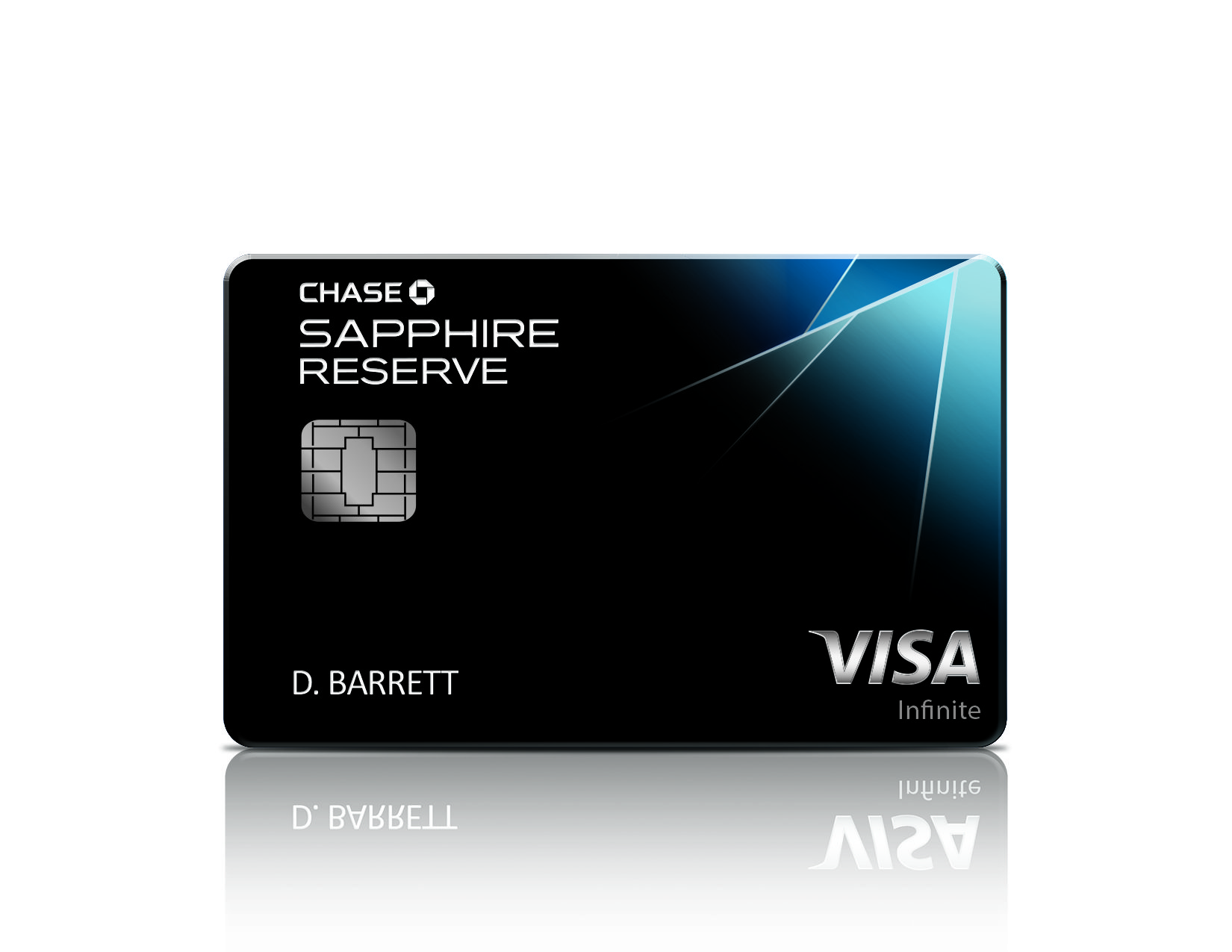Premium credit cards are excellent for frequent travelers who want a more luxurious experience. However, keeping a premium credit card around might be beneficial in certain circumstances. The earning structures, sign-up bonuses, and perks of premium cards make them prime targets for downgrading or cancelling when their annual fees come due. But downgrading or cancelling might not be the best strategy for some. This post ponders why you should not downgrade your premium credit card while providing a contrarian point of view.
Retention Offers
This is the biggest reason why you should not downgrade your premium credit card. When your annual fee comes due, the first step is to see if there are any attractive downgrade options. The next step is to call your issuer to downgrade (if there is a nice option) or cancel (if there is not a nice option). You might receive an excellent retention offer despite your intentions to cancel or downgrade. Such a retention offer might outweigh the cost of paying an annual fee for another year.
Your mileage may vary as some cardholders might not receive a retention offer. But if you do, you must do the math to see if the offer is worth taking. Take the offer if the math works out. Otherwise, decline the offer and ask again to downgrade or cancel.
Chase Sapphire Reserve $100 Annual Fee Credit
On April 1, 2020, Chase announced that the Chase Sapphire Reserve is offering a $100 annual fee credit. This credit is similar to a retention offer in that it reduces the card’s annual fee. But you do not have to call in and ask for an offer to receive this offer. A plethora of Reserve cardholders are receiving secured messages from Chase saying that they have received this offer.
High Earning Potential
Some premium credit cards have excellent earning structures. Therefore, downgrading to a no annual fee option is not a great idea if you spend a lot of money within the bonus categories.
An excellent example of a premium card with high earning potential is the Chase Sapphire Reserve. This card earns 3x Chase Ultimate Rewards (UR) Points on General Travel and Dining. Otherwise, it earns one point per dollar on non-bonus expenses. Some people might often get take-out food or use a service like Grubhub. These expenses earn 3x UR points because they are considered dining. With enough spend and use of ancillary benefits, the Sapphire Reserve might be worth paying $550 for the next year.
Your Annual Fee Is Not Due for Another Year
This situation applies if your last annual fee came due in January or February 2020 and you already paid it. There is no sense in downgrading or cancelling a credit card that you already paid for. In economics, this is known as a “sunk cost”.
Who knows? Travel might be safer sooner than we think. Downgrading or cancelling might make sense if the pandemic lingers into early 2021.
You Have Had Your Card for Less Than 12 Months
Furthermore, this situation applies to those who got a premium credit card within the last year. Not only is your annual fee not due for another year but downgrading or cancelling is not an option. This is because of the CARD Act of 2009, which prohibits credit card issuers from changing your card’s annual fee within the first 12 months.
Plus, some cardholders might still be in the process of hitting their card’s sign-up bonus. Keep using your premium card to get the bonus in this case. You might be able to use the points for future travel.
American Express cardholders should be especially careful. Cancelling one of their cards before the 12-month mark might trigger them to terminate your other accounts.
You Think That Travel Will Become Safe Again
Some people believe that travel will become safe again and that keeping a premium credit card is a wise investment. We do not know when the Coronavirus epidemic will end. But when it does, the floodgates of travel will open again, and you will be prepared with your premium credit card.
Final Draw
There are certain circumstances in which keeping a premium credit card is a wise idea. Most people would consider downgrading or cancelling to free up money in these uncertain economic times. But the notion of sunk costs and the potential of sign-up bonuses and retention offers might change that.













Even if your annual fee isn’t due for another year, most of the banks will refund the AF on a prorated basis. For example, I downgraded my CSR to a CSP (after using the $300 credit, of course!), and Chase refunded $225 of the annual fee, and charged me only half of the CSP’s annual fee. Ditto for the Amex Platinum (downgraded to the Green) and Amex Delta Platinum (downgraded to Blue). These are all cards I keep only for travel or dining, neither of which I’m doing much of right now 🙁
Note: I wouldn’t have downgraded to the Green if I hadn’t already received a bonus for a Green card, as that might have prevented me from doing so in the future, thanks to the Amex “once in a lifetime” rule.
When we can travel again, I’m sure I’ll upgrade to the higher-end cards once more, but for now, I’m saving more than $1,000 a year overall in fees.